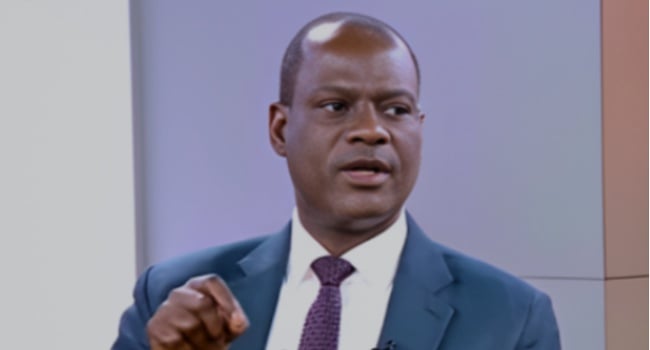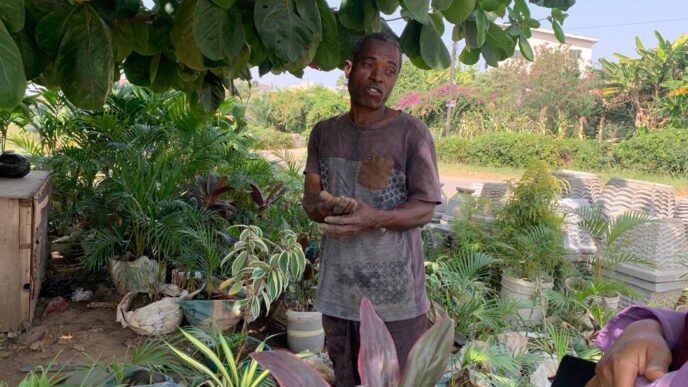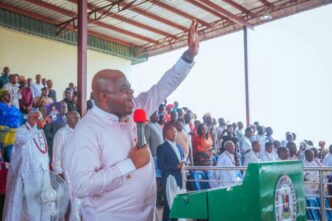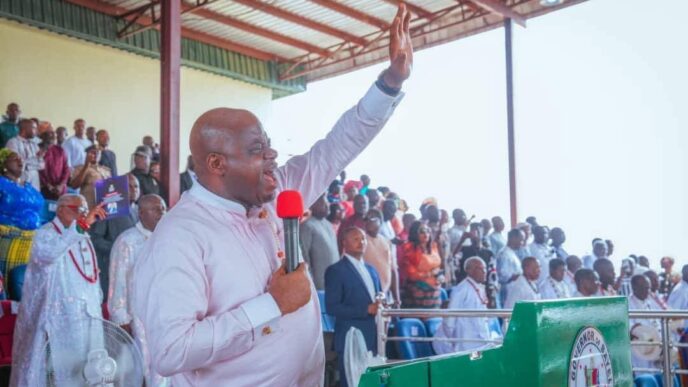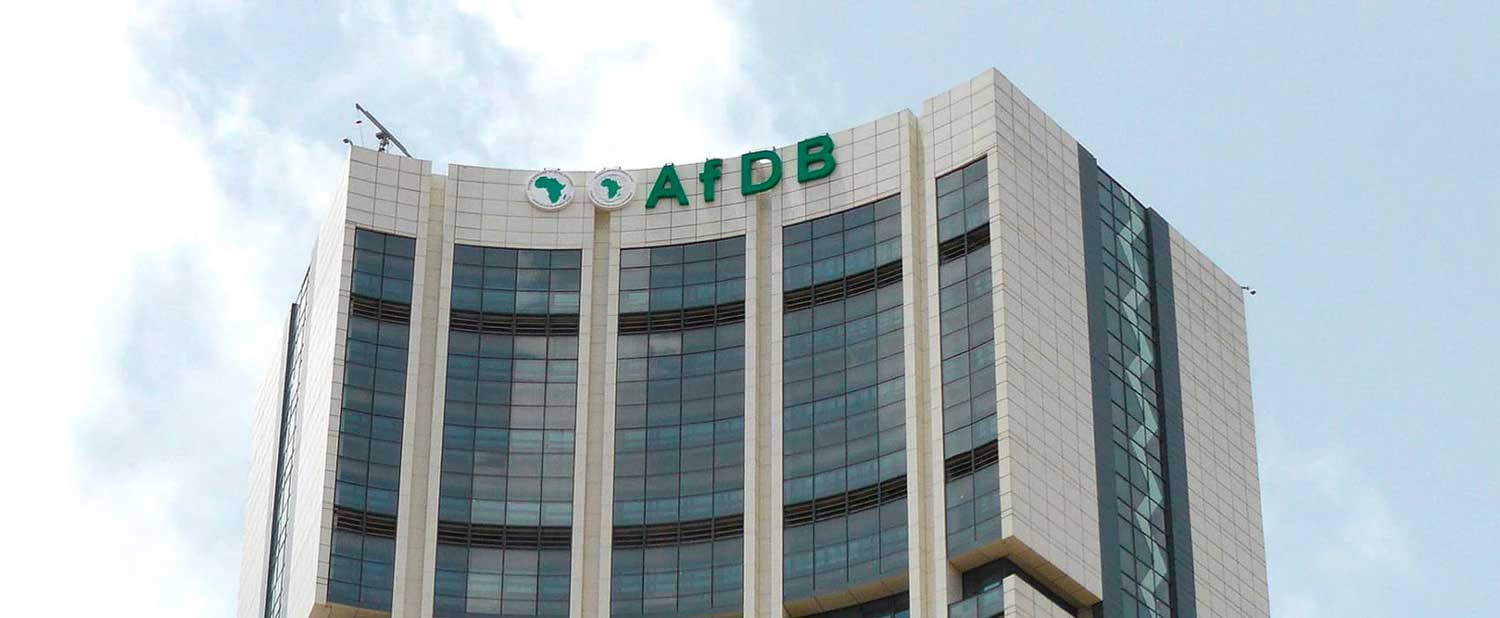Taiwo Oyedele, chairman of the presidential committee on tax policy and fiscal reforms, says his committee has no objection to the newly proposed value-added tax (VAT) sharing formula by the Nigeria Governors’ Forum (NGF).
Oyedele spoke on Saturday at The Platform, an event organised by The Covenant Nation to facilitate national development.
On January 16, the NGF backed the proposed tax reform bills currently at the national assembly.
NGF also proposed a new “equitable” sharing formula for VAT.
Advertisement
The development was an outcome of a meeting between the NGF and the presidential tax reform committee, convened on January 16, to deliberate on critical national issues, including the reform of Nigeria’s fiscal policies and tax system.
The Oyedele-led committee had proposed a VAT-sharing formula of 20 percent based on equality, 60 percent based on derivation, and 20 percent based on population.
The northern governors opposed the VAT formula, saying it was not in favour of their region, hence the national assembly should reject it.
Advertisement
However, after the meeting with the presidential committee, the NGF proposed a revised formula of 50 percent based on equality, 30 percent on derivation, and 20 percent based on population.
Addressing the decision of the NGF, Oyedele said reforms anywhere in the world are not just about what is technically correct, as political considerations are also factored in.
“You also need to consider other things, including political considerations, and so once the governors proposed their formula for sharing the VAT revenue,” he said.
“We have no objections to that, because, at the end of the day, if you need to move one kilometre, you don’t have to move all of that at once; you can’t even jump one kilometre at once.
Advertisement
“Maybe sometimes you need to just move gradually. You know, you take a breather. You reflect, have more data, and then you move again.”
‘VAT-SHARING FORMULA WILL AFFECT ALL SECTORS’
According to Oyedele, the proposed VAT-sharing formula will affect all sectors of the economy.
“All sectors will be positively impacted, particularly agriculture and manufacturing, as well as industries generally,” he said.
Advertisement
“We also have a provision in those tax bills where we call them priority sectors. And there’s a priority sector incentive, you know, power generation, innovation.
“So I’ll say, even if you’re not going to look at everything in that bill, go and find that section where we have those sectors.
Advertisement
“It’s a pointer to you about where the government wants to redirect the incentive regime.”
On October 13, 2024, President Bola Tinubu asked the national assembly to consider and pass four tax reform bills.
Advertisement
The proposed legislations are the Nigeria tax bill, tax administration bill, and joint revenue board establishment bill.
Tinubu is also seeking to repeal the law establishing the Federal Inland Revenue Service (FIRS) and replace it with the Nigeria Revenue Service.
Advertisement

